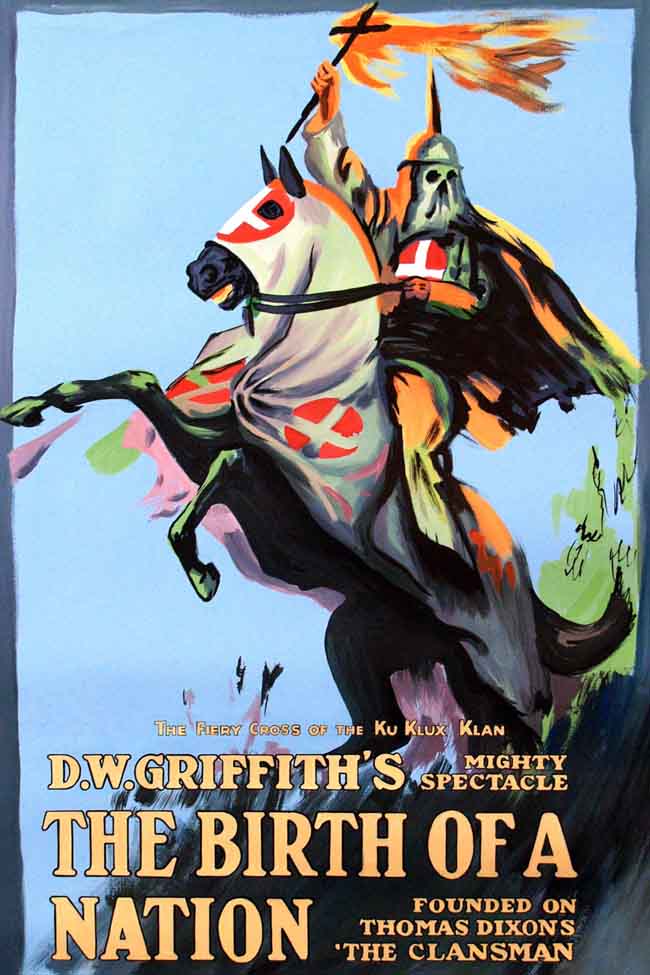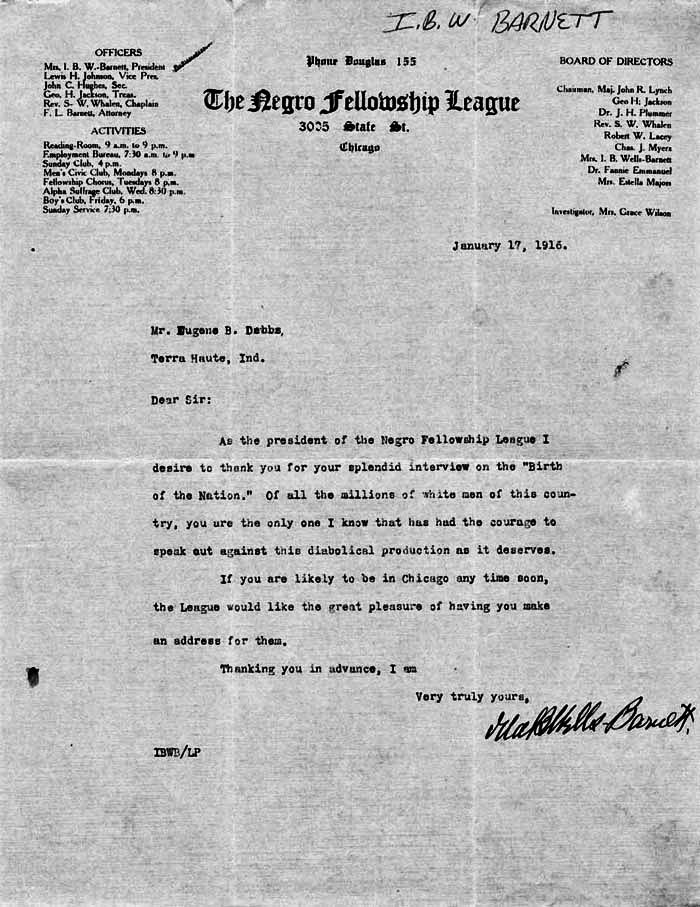Labor leader, radical, Socialist, presidential candidate: Eugene Victor Debs was a homegrown American original. He formed the American Railway Union, led the Pullman strike of the 1890s in which he was jailed and emerged a dedicated Socialist. An idealistic, impassioned fighter for economic and social justice, he was brilliant, eloquent and eminently human. As a “radical” he fought for women’s suffrage, workmen’s compensation, pensions and Social Security all commonplace today. Five times the Socialist candidate for president, his last campaign was run from federal prison where he garnered almost a million votes.
— From his entry in the U.S. Department of Labor’s Hall of Honor
No figure in American history better exemplifies the role socialism once played in American politics than Eugene V. Debs, whose role in the labor movement began with his time as a railroad fireman.
Shoveling tons of coal into the fireboxes of the massive steam engines that moved endless cars caring the raw materials and finished produced of American industry products and raw materials of industry and agriculture and kept people on the move in a vast and growing land.
As a union organizer he learned political skills he would then use to run for office, both as a successful legislative candidate and as presidential candidate, including one run from a prison cell after his incarceration for opposing America’s participation in the First Word War.
But today we focus on a unique work, a critique of America’s first grand film spectacle, D.W. Griffith’s infamous Birth of a Nation.

Griffith’s film, a Southerner’s paen to the “heroic” role of the Ku Klux Klan in defeating the North’s efforts at Reconstruction of the defeated South following the Civil War, is filled with execrable racist tropes and praises the lethal violence deployed against freed slaves attempting to claim their promised equality.
Debs took on the film in a letter to the editor of his hometown paper, the Terre Haute, Indiana, Post, which the editor ran as a standalone article in the paper’s January 1916 edition under the headline “Debs Says Local Elections Bad as Ones in Big Movie”:
The merits of the spectacular drama The Birth of a Nation excite bitter comment whenever it is presented. There is no question that it is a wonderful production, that many of its scenes are tense and thrilling, and that there is much in the play to approve and commend, but if the author’s studied purpose was to insult the black race and to revive and intensify the bitter prejudices which grew out of the war, he could not have better succeeded. It would be passing strange if the colored people did not protest against certain shocking features of the drama as doing them and their race grossest injustice.
If it be absolutely essential to the play to present those harrowing rape scenes, then why not round them out in their historic completeness and show the dissolute sons of the plantation owner ravishing the black daughter before her parents’ eyes?
For every white woman raped in the South by a black fiend, a thousand black women have been seduced and outraged by white gentlemen; but no hint of this is given in the series of pictures composing The Birth of a Nation. It is only the black brute that is guilty according to this and all other stories written about the Negro by Thomas Dixon, the author, who also calls himself a minister of Christ.
Four Million Mulattos
There are four million mulattos in this country, most of whom were born out of wedlock and all of whom have a white father or grandfather, and these white gentlemen are ready to fight at the drop of the hat for “white supremacy” and against “nigger equality.”
The pretended reverence for Lincoln in the play does not at all square with the facts of history. Lincoln was hated with a savage hate by the slaveowners of the South and it was this ferocious hate that culminated in his assassination. The reverence now shown him on the stage is a convenient mask behind which the same blind hate may vent itself upon the unoffending Negro.
Let it not be overlooked that all our histories have been written by white men and that Negroes had no hand in them. They simply had to take what was given them, but even at that there is no denying the fact that from the time the Negroes were first stolen from their native land by white slave-traders, whom it would be flattery to call brutes, until the last law disfranchising them in the South was put into effect and the last “Jim Crow” car put into commission to attest their standing as livestock, the whole history of the treatment of the Negro race is one of shameless exploitation and degradation, for which the white race can never atone in time nor eternity.
If the black people today could tell their story about The Birth of a Nation, it would be replete with scenes infinitely more cruel and damning than those based upon Dixon’s novel and flashed upon the screen to conceal the white man’s crimes behind the Negro’s misfortune.
Klan Glorified
The Ku Klux Klan are glorified in these pictures as spotless knights, the personification of chivalry and honor, and the audience applauds madly as they dash to the rescue of some imaginary white victim of a black fiend, but care is taken not to portray any of the outrages perpetrated upon defenseless, unoffending Negroes by these same lawless nightriders.
The pictures showing the scenes about the polling places of election day, under Negro domination, are especially calculated to subject the Negro to ridicule and contempt, and the white audience never fails to attest its appreciation by its sneers and cheers.
It’s true such election scenes with their black sluggers and their sodden corruption are disgraceful and revolting, but how much more disgraceful and revolting are they than the election scenes which have occurred in and about Terre Haute during the last few years — scenes in which the sluggers were white, instead of black, and insulted white ladies instead of black wenches; scenes unspeakably low and vile as everyone will admit who bore witness to them? How would it do to make pictures of some of these and travel through the South with them, flashing them upon a screen to show the Negroes in that section what an eminently respectable thing an election is when dominated by white men and by what pure and incorruptible methods the will of the people is expressed in a civilized white community?
Whites Also to Blame
If the white race has demonstrated its “superiority” in any one thing, it is in its politics and elections, and if Negroes should be disfranchised, the evident purpose of Dixon’s pictures, because of their disgraceful conduct at the tolls, then by the same token white men should also be stripped of the ballot and driven from the polling places.
The cheap commercial statistics exhibited at the close of the play to show the progress made by the Negro race is but a weak attempt to excuse the wanton insults heaped upon that race. Intelligent Negroes will not be deceived. The progress they have made is mainly due to themselves. They owe little to the white race as a whole, save their exploitation and degradation.
Let the colored people learn how to depend upon themselves, how to do for themselves, and to win their own way in the world. When they cut loose from the grafting politicians that use them as pawns in the political game and reward one of their number with a spittoon cleaning job in recognition of their race, and stand together; when they begin in earnest to educate themselves and to develop their minds and do their own thinking, they will then command the respect of the white race and of the world, but not before.
Debs’ essay attracted the attention of another remarkable figure, one of the first and perhaps the greatest of America’s early black journalists, Ida B Wells, whose heroic efforts to document lynchings of black Americans remain an iconic chapter in the history of the American press:

Born into slavery, Wells knew first-hand the viciousness of racism, and the terrorism employed to prevent black Americans from their aspirations for equality under the law.
For more on Debs, here’s a little documentary created in 1979 by another socialist who would later make runs at the White House, Sen. Bernie Sanders:
